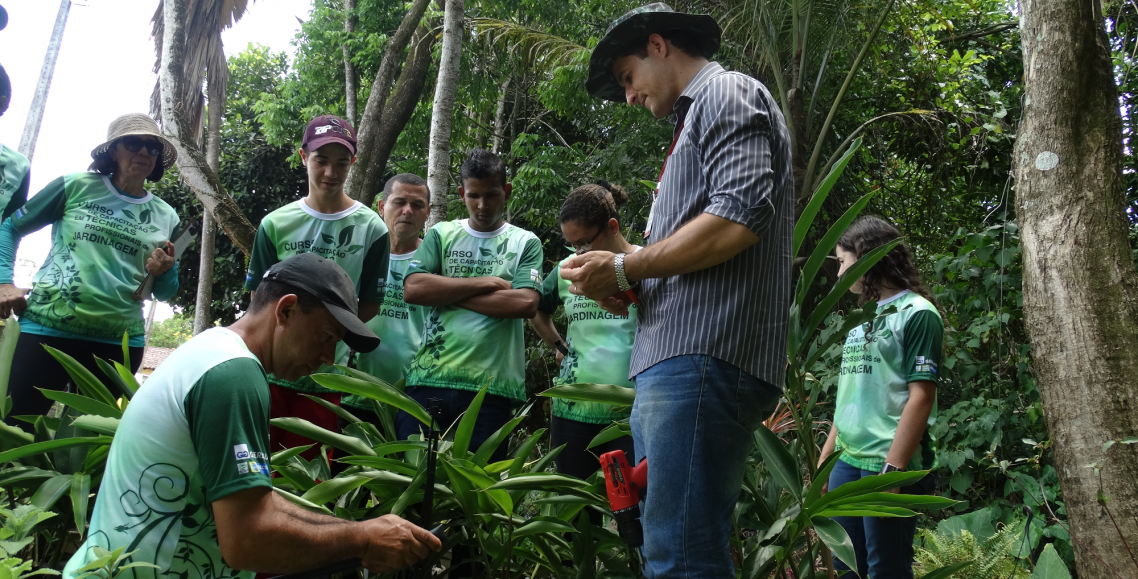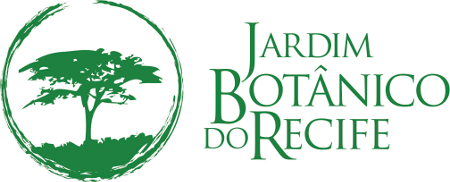
The degradation of the environment in which it operates most of the population is also reason for this intervention proposal. Hunger, poverty, social injustice, violence and poor life quality of great part of the planet’s population are factors that are strongly related to the development model and its environmental implications. Under this understanding, the gardening training course that takes place in the 2nd half of the year, for three months, rescues those whose economic condition is characterized by the state of social risk.
"Professionalization is an effective way to social improvement, considering the idea that the work is an important element in the achievement of citizenship." (Brazilian Guide of Botanical Gardens, 2004 p.12). Under this understanding, the gardening training course fulfills its imminent rescue task for people without many other resources, which will find an opportunity intended precisely to those whose economic condition is characterized by the state of social risk. The social aspect is therefore the main feature of the course which, together with its professionalization purpose, will determine the pedagogical guidelines that will be applied in the assembly, organization and implementation of activities.
Within this perspective, the Garden takes its social role providing local people learning opportunities about the socio-environmental issues, sustainable use of plant diversity and income generation,aiming to contribute in the fight against poverty. Thus, taking advantage of the available infrastructure dependencies of the Garden, which takes into account aspects ranging from the required field area to practical instructions to other required inputs and which houses a universe of qualified professionals, the course will be located in the most proper environment to achieve its goal with absolute efficiency.

